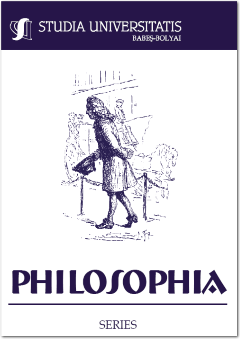BAD HABIT AND BAD FAITH. THE AMBIGUITY OF THE UNCONSCIOUS IN THE EARLY MERLEAU-PONTY
BAD HABIT AND BAD FAITH. THE AMBIGUITY OF THE UNCONSCIOUS IN THE EARLY MERLEAU-PONTY
Author(s): Jan PucSubject(s): Philosophy
Published by: Studia Universitatis Babes-Bolyai
Keywords: The Unconscious; Phenomenology; Habit; Bad Faith; Corporeity;
Summary/Abstract: Psychoanalysis had a profound influence on formation of Merleau-Ponty’s thought. However, at the same time, he rejects Freud’s idea that the unconscious consists of latent mental contents that cause a certain type of behavior. Instead of a hidden experience, Merleau-Ponty argues that the unconscious is an ambiguous consciousness. In The Structure of Behavior and The Phenomenology of Perception, he specifies this ambiguity by means of the concepts of habit, bad faith, bodily expression, affective intentionality and body schema. In this paper, I will present the interconnection of these aspects of the human existence, following Merleau-Ponty’s two early major works. Further, I will show the difference of Merleau-Ponty’s notion of bad faith from that of Sartre, and, finally, I will suggest a limitation of Merleau-Ponty’s approach to the unconscious.
Journal: Studia Universitatis Babes-Bolyai - Philosophia
- Issue Year: 64/2019
- Issue No: 1
- Page Range: 7-20
- Page Count: 14
- Language: English

